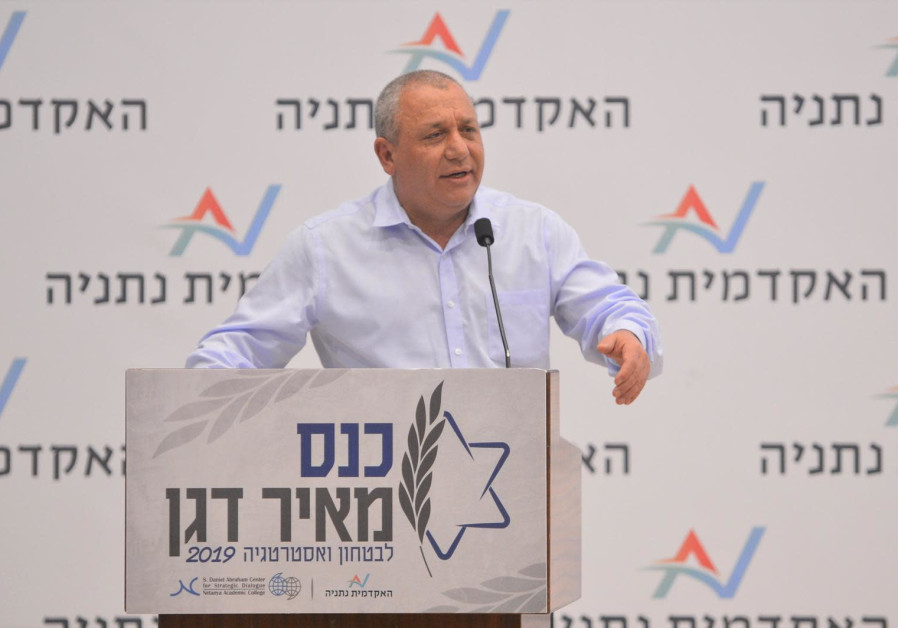Eisenkot to U.S.: Condition support of Lebanese army on action against Syria

Former IDF Chief of Staff Gadi Eisenkot. (photo credit: TAMIR BARGIG)
Former IDF chief of staff Gadi Eisenkot called on the United States to condition its continued support to the Lebanese Armed Forces on two conditions: the LAF takes steps to intercept weapons transferred to Hezbollah from Syria and acts against Hezbollah strongholds in the southern part of the country.
The United States has provided more than $1.7 billion to the LAF since 2006 alongside light-attack helicopters and weapons like Hellfire air-to-ground missiles, precision artillery, and TOW-II anti-tank missiles.
Eisenkot wrote the proposal in a policy paper published by the Washington Institute where he is currently serving as a guest fellow. Eisenkot stepped down as chief of staff in January. In the paper, titled “13 years since the Second Lebanon War”, Eisenkot – who served as head of the IDF Operations Directorate during the war, outlined what Israel would like to see happen in Lebanon in order to avoid a new conflict with Hezbollah.
“Because Lebanon’s military depends on foreign aid, donor countries can condition their contributions on the LAF becoming more active on two fronts: intercepting weapons transferred through Syria and increasing operations in Hezbollah strongholds south of the Litani River,” he wrote. “Concurrently, the international community should pressure the civilian government to boost its sovereignty in the south and take full responsibility for what happens there.”
Eisenkot also called on the United Nations to “reinvigorate” the mandate of the UNIFIL peacekeeping force in Lebanon as part of an effort to restrict Hezbollah.
First, he said, UNIFIL needs to have its mandate extended and expanded so it can have more authority on the ground in Lebanon to “constrict Hezbollah’s influence.” Eisenkot specifically called to empower the force with the ability to operationally enforce UN Security Council Resolution 1701 which ended the war in 2006 as well as to increase the current number of troops.
Eisenkot also called on the international community to monitor the Lebanese-Syrian border which is used to transfer weaponry to Hezbollah and to keep its pressure on Iran to withdraw from Syria and Lebanon.
“Increasing the U.S.-led effort against Iran would also weaken Hezbollah’s strategic position, in part by limiting how much the group and its patron can influence Lebanon,” he wrote.
Join Jerusalem Post Premium Plus now for just $5 and upgrade your experience with an ads-free website and exclusive content. Click here>>






Comments are closed.